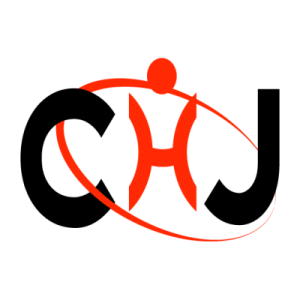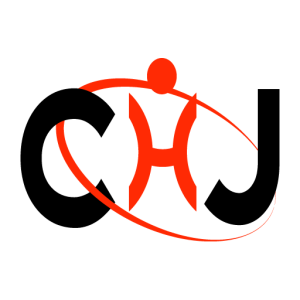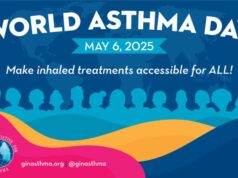The inaugural Traditional Medicine Global Summit 2023, organised by the World Health Organisation (WHO), which took place in the western state of Gujarat, Gandhinagar, India concluded on 18 August 2023. The summit witnessed a resolute dedication from a wide range of partners and stakeholders to leverage the capabilities of evidence-based traditional, complementary, and integrative medicine (TCIM). The objective is to enhance advancements towards universal health coverage and the achievement of the Sustainable Development Goals by 2030, with a focus on promoting the health and well-being of individuals and the planet.
The Summit held in Gandhinagar, Gujarat, India on 17 and 18 August 2023 saw the participation of health ministers from G20 and other nations, as well as scientists, traditional medicine practitioners, health workers, and civil society members from 88 countries.
The Summit served as a forum for all relevant parties to exchange their distinct perspectives, exemplary methodologies, and concepts for fostering cooperation. The conference encompassed a wide range of Indigenous Peoples from many global locations, such as Australia, Bolivia, Brazil, Canada, Guatemala, and New Zealand, among others. For these communities, numerous traditional, complementary, and integrative medicine (TCIM) techniques hold significant importance, not only in the context of healthcare but also in terms of culture and livelihoods.
The accumulation of empirical data and the development of novel ideas and technologies.
The initial results of the WHO Global Survey on Traditional Medicine 2023, which were presented at the Summit, reveal that around 100 countries have implemented national policies and strategies pertaining to Traditional, Complementary, and Integrative Medicine (TCIM). TCIM therapies are included in the essential medicine lists and essential health service packages of numerous WHO Member States, as well as being encompassed by national health insurance plans. A significant proportion of individuals actively pursue conventional, complementary, and integrative medical approaches to address the treatment, prevention, and control of noncommunicable diseases, as well as to provide palliative care and facilitate rehabilitation.
Dr. Bruce Aylward, Assistant Director-General for Universal Health Coverage and Life Course at the World Health Organisation (WHO), emphasised the necessity of a more robust body of evidence, which is a priority for the WHO. This evidence is crucial in facilitating the development of suitable legislation and policies pertaining to traditional, complementary, and integrative medicine in different nations.
The Summit additionally emphasised the significant job that artificial intelligence may fulfil in extracting intricate data pertaining to traditional medicine and discerning practises that exhibit potential for subsequent scientific assessment. In due course, and with the implementation of ethical and equitable measures, this empirical data can be utilised to develop policies that promote the widespread and efficient integration of traditional medicine into healthcare systems.
Promoting collaborative efforts towards achieving a sustainable environment for the benefit of human well-being.
In his concluding remarks, Dr. Hans Kluge, the Regional Director for Europe at the World Health Organisation (WHO), expressed that the Summit has effectively challenged the prevailing norms that have historically segregated various medical and health methods. By addressing the issue of silos, we express our commitment to enhancing collaboration in order to identify the most effective approaches for integrating traditional, complementary, and integrative medicine within the framework of primary health care and universal health coverage. Additionally, the speaker emphasised the importance of obtaining more substantial evidence about the efficacy, safety, and quality of traditional and alternative medicine. This implies the utilisation of novel approaches for the assessment and evaluation of outcomes.
Dr. Shyama Kuruvilla, a Senior Strategic Adviser and the lead for the Traditional Medicine Global Centre at the World Health Organisation (WHO), who was also responsible for organising the Summit, noted that significant knowledge was acquired regarding the current policies, instruments, and practises. However, it is evident that there is a substantial undertaking ahead of us in using scientific methods to get a deeper comprehension, advance, and implement the whole capabilities of TCIM ways in order to enhance individuals’ health and well-being in alignment with the Earth’s sustenance of humanity.











